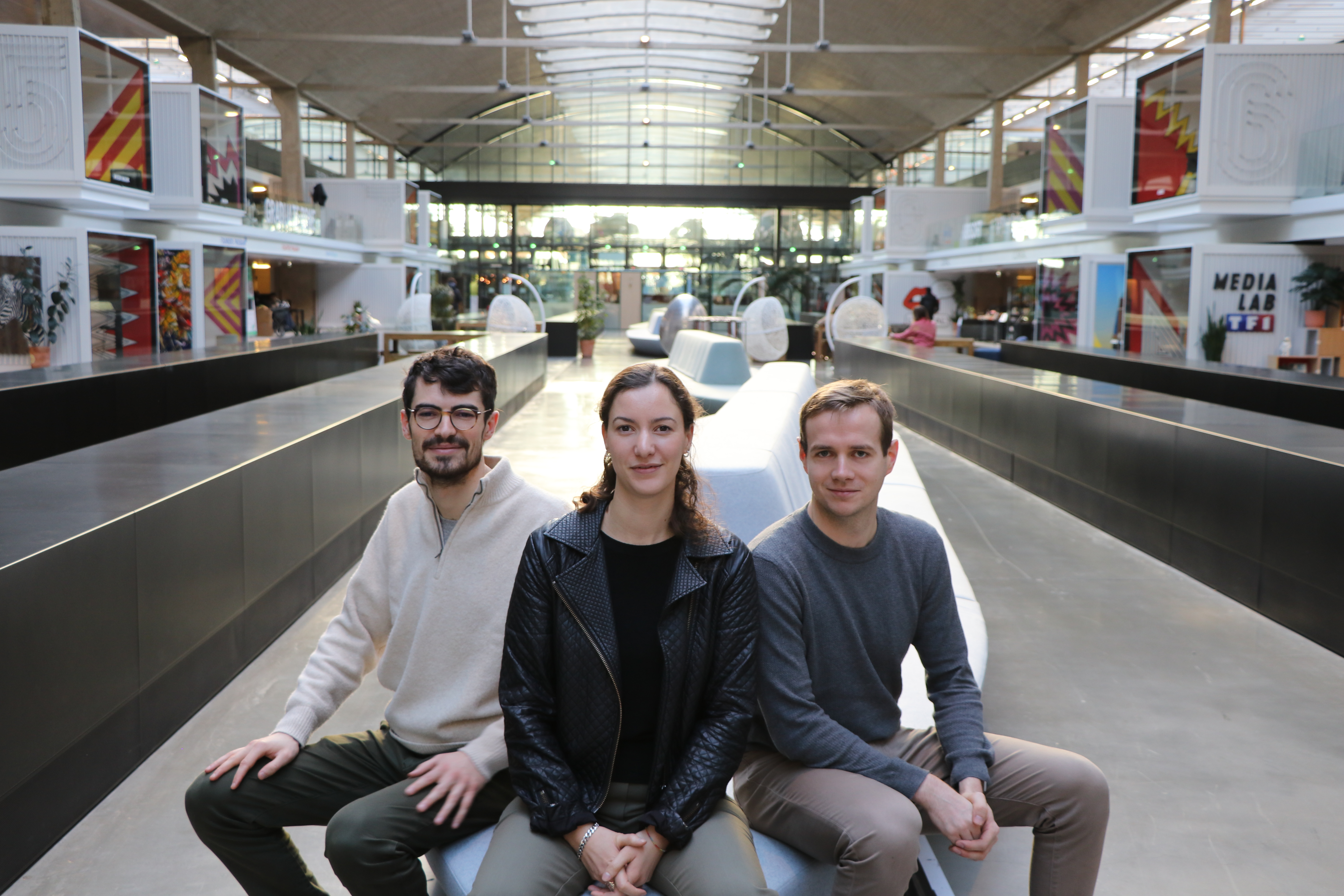Scienta Lab (Future 40 2023) raises €4M to redefine precision immunology through the power of AI
We couldn't be happier with this news as Scienta Lab is a startup of the Future 40 2023, one of the most promising startups on campus.

We are thrilled to announce that Scienta Lab, part of the 21st by CentraleSupélec program at STATION F, has raised 4 million euros in a first funding round with CentraleSupélec Venture and several Business Angels. This investment is intended to strengthen its technological and biomedical teams to accelerate its research activities in Europe and the United States. This initial funding marks a major milestone in Scienta Lab's ambition to solidify its position as a leader in AI applied to research and the development of new drugs in immunology and inflammation.
We couldn't be happier with this news as Scienta Lab is a startup of the Future 40 2023, one of the best and most promising startups on campus. That's why we wanted to talk with Camille Bouget, co-founder and CEO, to hear more about what she has learned and the future of this industry.
SF - What lesson have you learned in 2023?
Camille Bouget - 2023 has been marked by some significant milestones at Scienta Lab, such as showcasing our research at major global scientific conferences, securing our initial funding round and expanding our team. One key insight we've gained as a founding team is the importance of surrounding ourselves. Our network has been critical in achieving these milestones, both to identify the right team members, convince the right research partners to work with us and to raise this first round with strategic supports. While as founders, we like to maintain tight control over operations, we can have some blind spots hindering the development of our activities. We've realized that delegating control and asking for help are vital for long-term growth and success!
SF - What is your primary belief about the future of your industry?
Camille Bouget - I am convinced that the coming decade will come with an exponential uptake of personalized medicine, moving away from generalized approaches to focus on tailored interventions for individual patients. This evolution will be powered by the increasing arsenal of tools and technologies, spanning from genomic sequencing to sensors and wearable devices, supporting a better understanding of patient singularities and needs at a specific time. Some concrete examples of this shift are already observable in oncology, a therapeutic area in which the number of personalized drugs has steadily increased since the late 90’s (drugs are classified as personalized medicines if a pre-test for efficacy or adverse effects is either required or recommended in the prescribing information). While other therapeutic areas are yet to witness such advancements, numerous precision approaches are actively in development, showing promising prospects for future applications.
SF - Which startup would you like to see in the next Future 40?
Camille Bouget - Since the creation of Scienta Lab, we have been strongly supported by the CentraleSupélec ecosystem, and we feel like it’s our turn for a little ‘give back’. Therefore, we want to highlight a company of 21st (the CentraleSupélec accelerator of Station F) we particularly like: SonarVision. The problem their users face has historically been difficult to solve : mainstream GPS apps are not accurate enough to correctly guide a blind user, leading to social isolation and unwanted dependency on friends and family. Through their innovative app, SonarVision allows its users to harness the accuracy of computer-vision navigation technology and autonomously guides them to their destination with sub-metric precision. They already have 10 satisfied paying customers and this time next year, they aim for 500.
Looking for press resources? Download our press kit and get in touch with our media team.